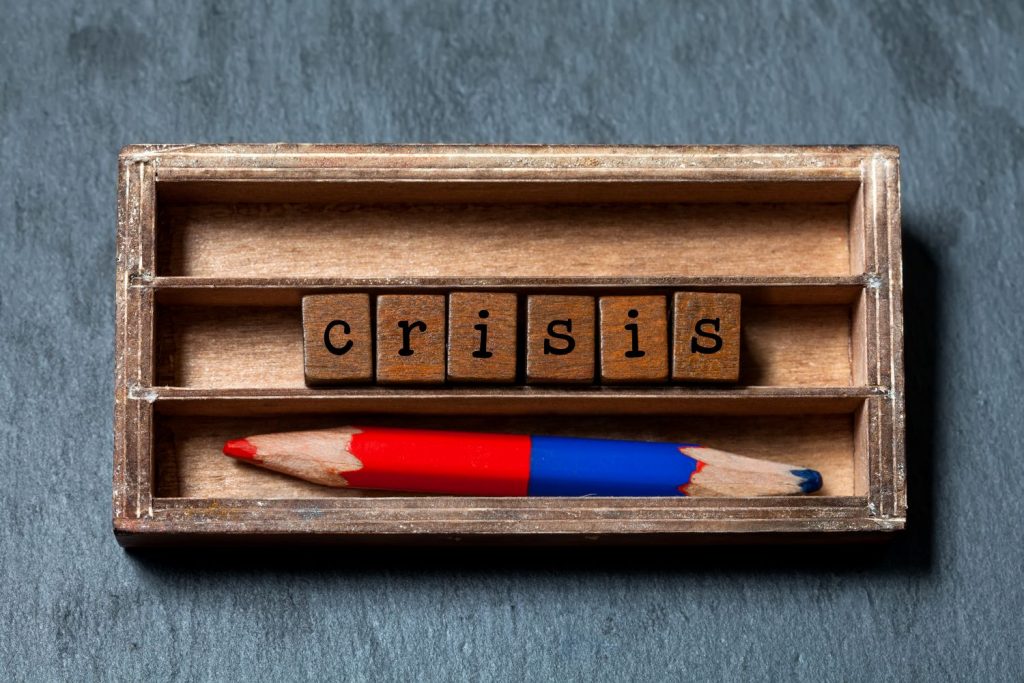This editorial introduces the November 2021 Special Edition on Philanthropy’s Role in Crises.

Of course, when there is mention of crisis, COVID-19 immediately comes to mind. However, there exist many other crises, some of which have been exposed or exacerbated by the pandemic, such as social inequalities, systemic racism, the healthcare system, housing, labor, or economic crises. With COP26 omnipresent in the media lately, we cannot omit the climate crisis from the list either. Let us remember that in 2008, Environment Funders Network (then called the Canadian Environmental Grantmakers Network – CEGN) made a call to question philanthropy’s role in fighting climate change. While it may seem obvious that the philanthropic sector has played, and continues to play a role in the various crises we face, what exactly is their role? How does the philanthropic sector organize and mobilize itself in times of crisis? This special edition sets out to answer these questions by bringing several reflection points to the table. The editorial is thus divided into three parts.
First, we include a flashback to PhiLab’s Ontario Hub Regional Conference, where many presentations covered crisis management during COVID-19 and philanthropy’s role in it. A summary of the different presentations was prepared by Grace Adams of Carleton University and has been made available. An article by PhiLab member Lucie Dumais et al. discusses Quebecois philanthropy regarding the elderly during COVID-19. Next, we have included our Special Edition of The PhiLanthropic Year on COVID-19, published in May 2020, and a series of case studies on Philanthropy’s response to COVID-19.
Second, we discuss the limits of traditional philanthropy in an article by Diane Alalouf-Hall, David Grant-Poitras, and Jean-Marc Fontan. We continue with the lessons learned through the recent crisis management in an article by Liz Weaver of the Tamarack Institute as well as with Kristen Pue in a podcast interview with Steven Ayer regarding the Toronto Fallout Report and the lessons learned from COVID-19. We also include a piece covering the methods of confronting the climate crisis by Alliance Magazine.
Third, we present an interview with Jehad Aliweiwi of the Laidlaw Foundation, by Jordyn Pimm. Next, Lynn Gidluck explores the role of the United Ways and 211 in managing crises in Western Canada, while Edmund Yirenki presents the role of philanthropic organizations in managing the climate crisis. Finally, a guide by Community Foundations Canada and a video by Mission Inclusion complete our more practical elements.
Far from claiming to be exhaustive, this PhiLab Special Edition offers certain reflection points and summarizes certain measures adopted by philanthropic organizations in the context of health, social, political as well as national and international economic crises.
This article is part of the special edition of November 2021 – Philanthropy’s role in a crisis. You can find more information here


